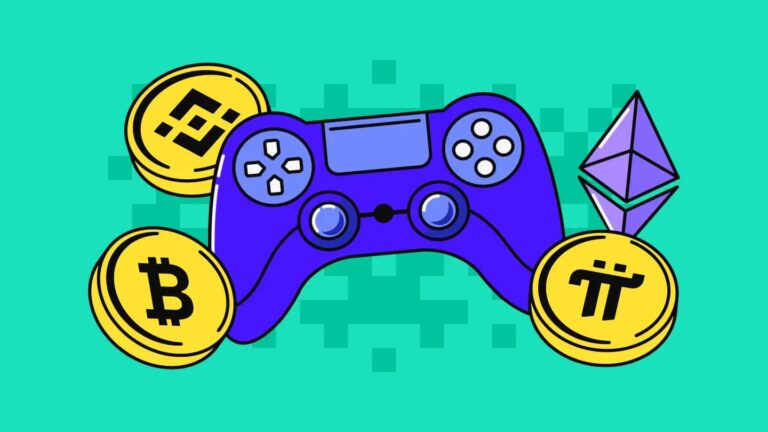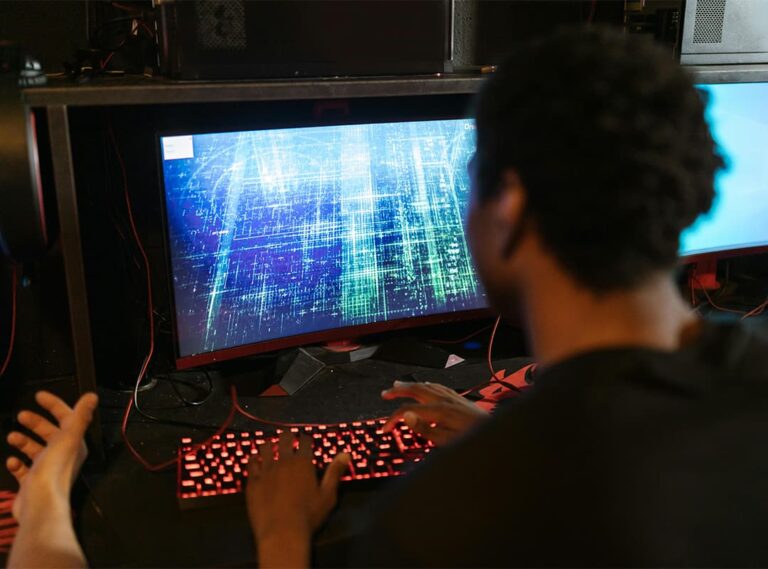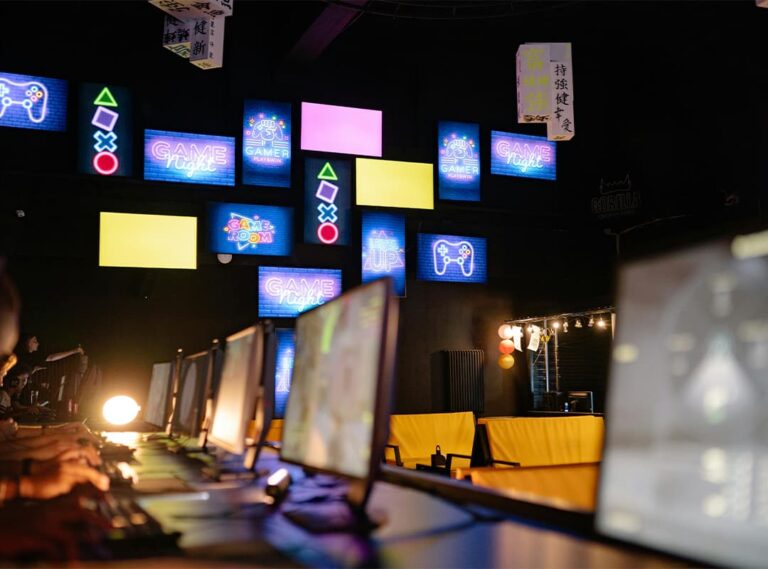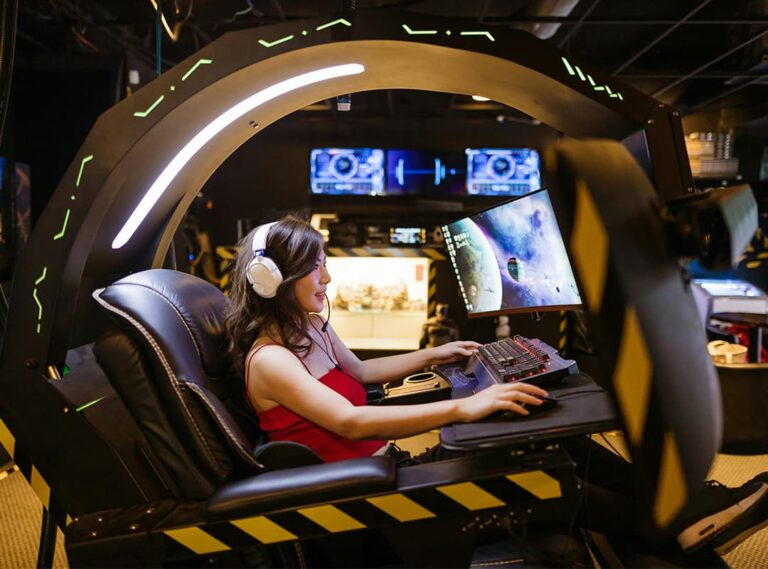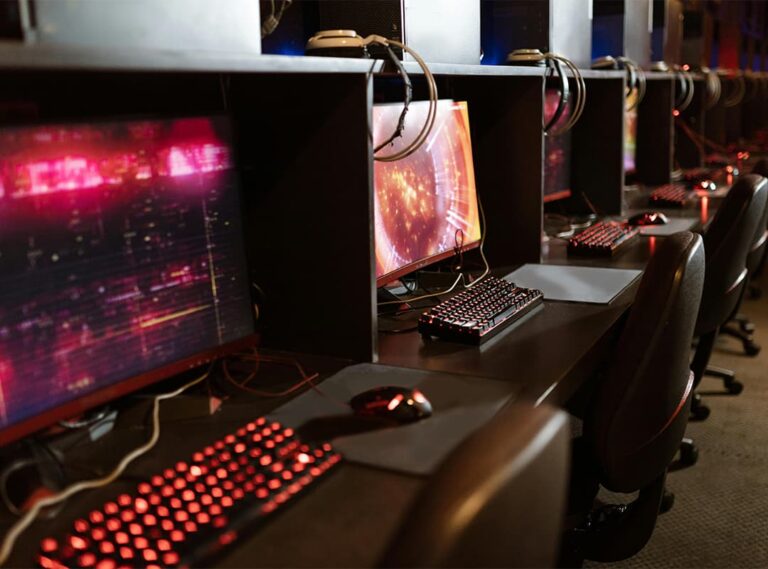Not so long ago, the phrase “blockchain and gambling” caused at best a skeptical smile. Today, this is no longer a futuristic prophecy, but a tangible reality. Online casinos are rapidly integrating into the Web3 space, giving way to a new paradigm of transparency, anonymity and decentralized trust.
And if anyone thinks that cryptocurrencies and NFTs are just fun for techies, try explaining that argument to millions of users of casinos online Portugal, where dozens of new gaming platforms are launched every month with the integration of blockchain wallets, tokenized rewards, and smart contract logic. All this is not just a new stage, but rather a turning point, after which the industry will never be the same again.
Transparency and trust as the new currency
In traditional online casinos, the issue of trust has always been a sticking point. How can you make sure that the roulette wheel is not rigged and the random number generator is not playing on the side of the institution? It is the blockchain, thanks to the immutability of records and the publicity of transactions, that answers this question silently but conclusively.
Distributed ledger technology allows you to see the progress of the game in real time, without relying on third parties. In a world where the phrase “casino deposito minimo 5 euros” has already become synonymous with accessibility, it is extremely important that even a player with a minimum deposit is confident that his chances are fair and that winnings are not a mirage.
A revolution in the player model: from passive to co-creator
Previously, the user was just a spectator in a theater of chance, where the script was written exclusively by developers. But the appearance of NFT elements in casino projects allowed the player not just to “bet” – but to participate in creating their own gaming reality. Instead of standard skins or avatars – tokens that can increase the chances, open new levels or even bring dividends if they are integrated into the platform’s internal economy. Thus, the player is no longer a client – he is a participant, investor, sometimes even a co-owner of the ecosystem. And this is where the most interesting paradigm shift lies: from short-term profit to long-term immersion in the game as a process.

Entrance ticket to the metaverse of excitement
Play-to-earn games, tokenized loot boxes, NFT avatars with unique capabilities are no longer abstractions. Online casinos are gradually moving from the realm of entertainment to gamified metaverses, where cryptocurrency is not only a means of payment, but also an element of strategy.
Projects like those presented at Casino-Real demonstrate how traditional slots or roulette adapt to new formats — and don’t lose their drive. Instead of the banal “spin and win,” multi-level scenarios are offered, where the player not only bets, but also accumulates, upgrades, and exchanges. And all this is in full accordance with the spirit of Web3.
Accessibility vs. quality: can a balance be found?
Experienced players know that loud advertising does not always equal quality service. But fortunately, the modern Portuguese online casino scene is changing rapidly. For example, a casino with a deposito minimo 5 euros condition no longer means a compromise between price and functionality. On the contrary, increasingly, such platforms are a testing ground for innovation.
New players can try their hand at crypto casinos without risking significant sums, while mastering the complex but exciting logic of NFT gaming or DeFi casinos. Microdeposits are a new ethics of the game, where not only the amount is important, but also the approach.
What about regulation?
A fair question. And this is where Portugal demonstrates one of the most progressive models in Europe. Thanks to clear but flexible licensing regulations, the country has become a platform for experiments – on the one hand, legal, and on the other – truly technological.
Resources like Casino Real don’t just aggregate information about online casinos in Portugal, they act as a navigator among the ocean of platforms that have already integrated cryptocurrency payments, NFT rewards, and honesty verification algorithms. Given that players are attracted to both low-entry features (like casino deposito minimo 5 euros) and advanced blockchain features, these aggregators have become new entry points into the industry.
Will Web3 replace the classic casino?
No. But it will definitely change it beyond recognition. In the future, we will most likely see a synthesis: somewhere between classic slots and NFT battles, between traditional roulette and metaverses with unique tokens. And it is this hybrid that is the most interesting space for a player who is looking for not just excitement, but a real game in the broad sense of the word.
In conclusion: why it’s more than just entertainment
The casino world is changing so rapidly that it can no longer keep up with its own reputation. Blockchain, NFTs, crypto wallets are not a tribute to fashion, but a response to the challenges that have troubled players for years: transparency, security, control, innovation. And although this path has only just begun, it is already clear: the future of gambling is not in the shadows, but on the bright side of digital technologies.
If you want to not just play, but understand what and how is happening, platforms like Casino Real will become your first guide in this world, where every spin of the slot is already part of a new digital ritual.

